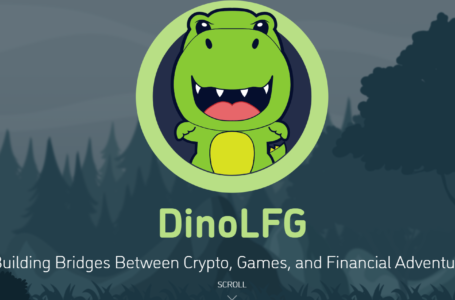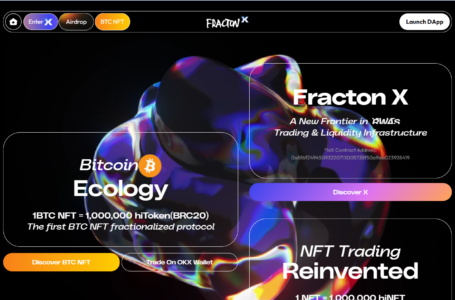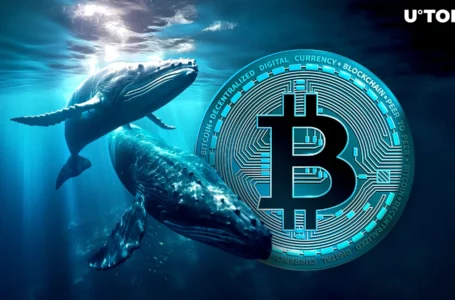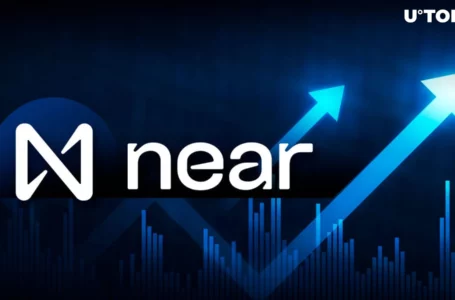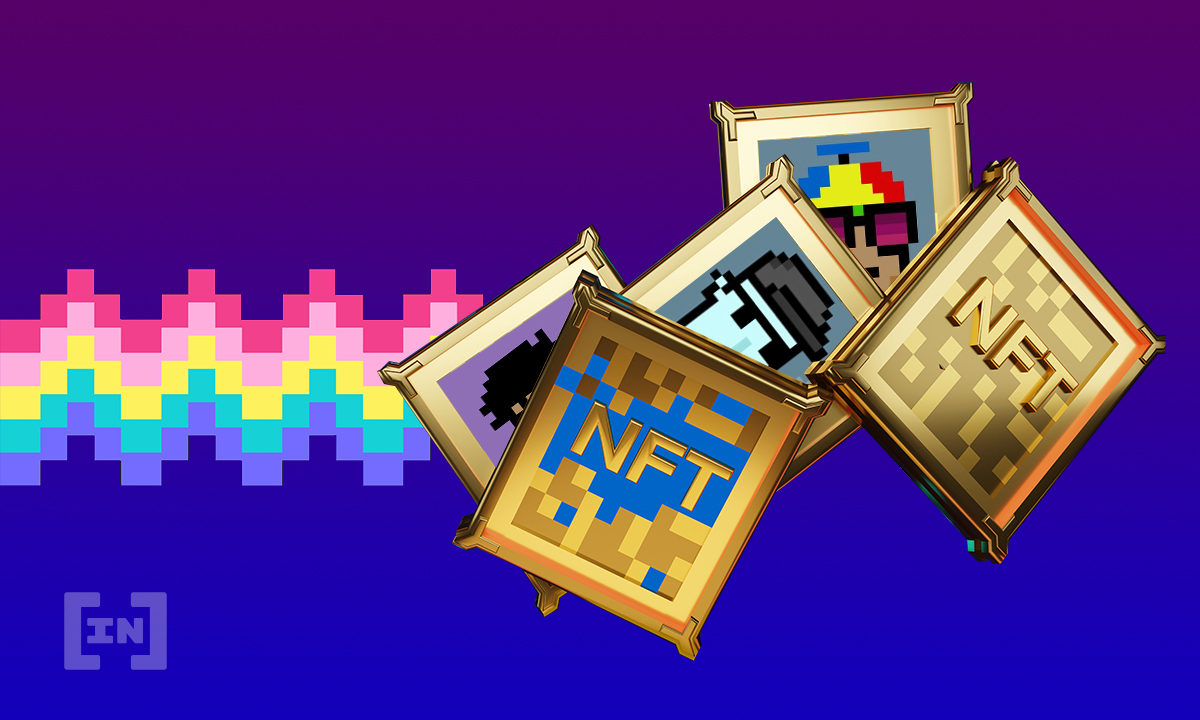
Non-fungible tokens (NFTs) have become a cultural showcase for the crypto sphere last year, and now institutional investors are following so-called millennials and Gen Xers into space.
“The influx of institutional investors in the blockchain and crypto industry is inevitable,” Ryan Wilkinson, co-founder of athlete NFT ecosystem Blockasset, said in an interview with Beincrypto.com.
NFTs brought new possibilities in the conservation and circulation of art and influenced the fascinated endorsements of pop celebrities. Nike, Sony, and Disney are some of the institutions leading the way as mainstream players harness the rock star appeal of the next-generation technology.
While cryptocurrencies relied on the cypherpunk policy of reducing surveillance and financial exclusion, NFTs’ decentralized approach to digital creative content ownership and technological innovation is a blockchain argument more specifically focused on young people.
Wilkinson says the non-fungible token market is developing much in the same way as did decentralized finance (DeFi) in 2020, with the sub-population groups of millennials and generation X driving growth. Almost 50% of millennials own a digital asset.
“The meteoric rise of defi…continues today as more people realize that it is better to invest their money in this space than in a bank deposit that can barely cope with inflation,” Wilkinson said.
“However, in the beginning, defi did not have such widespread recognition as it is now, and the same can be said about NFTs,” he added, pointing out mainstream endorsements of NFTs by Snoop Dogg and Gary Vaynerchuk.
He also cites Visa’s recent $ 150,000 purchase of a Cryptopunk NFT as “a significant sign of acceptance” that will attract buy-in from other institutional investors, who until now may have considered assets. similar as “speculative”.
A non-fungible token is an immutable and unique unit of data stored on the blockchain. NFTs can be used to represent items such as photos, videos, audio, and other types of digital files.
NFT Patents
In a new report, research firm Global Data notes the entrance of institutional investors into the NFT space to better commercialize their patents. Kiran Raj, senior disruptive technologies analyst at Global Data, explains in a statement:
While the patents filing trend in the NFT space is continuing for a while now, things get more interesting on the use of NFTs to represent patents which can bring transparency and liquidity to the global IP market that is often challenged by a huge gap between patent filings and commercialization.
“Real-world use cases are essential for NFTs to sustain growth beyond the hype. The use of NFTs to represent patents is one that can boost the future of NFTs, as they can be a game-changer in the intellectual property industry by bringing transparency and providing liquidity that would otherwise be on the balance sheet. of a business, ”added Raj.
Traditionally, opacity in matters of ownership and lack of standardized management and evaluation of assets have limited IP transactions, with $1 trillion in intellectual property never transacted, according to IP specialist IPwe. The transparency fueled by the blockchain of non-fungible tokens is attractive to institutional players entering the space.
“NFTs can aid in better patent commercialization when one owns the patent as an NFT, given their blockchain-powered properties of immutability and provenance. They can provide full ownership to the patent holder once. that patent rights are transferred, ”Global Data reports.
In July, Disney filed a patent to use blockchain to manage and track the ownership of physical objects such as toys, pins, collectible figurines, and trading cards and their digital counterparts in the form of NFT.
By designing the patents as NFTs, the license of each patent can be tailored by coding the tailor-made records into smart contracts and contractual terms. It is beneficial for companies, especially small and medium enterprises, as it allows IP to be treated as collateral of an organization’s value to seek funding.
Cultural change
Emil Angervall, COO and co-founder of Corite, a platform that allows fans to invest in artists, projects a new cultural use case for NFTs as a decentralized way to publish and earn musical rights. He told Beincrypto.com that:
Music and artists have the ability to deliver the key components of a valuable NFT: they are collectibles, similar to original vinyl pressings, and they can provide larger than life experiences, such as getting backstage.
According to Angervall, NFTs are a potential game changer for the $ 16 billion music industry as the technology opens up decentralized ways to fund music projects for institutional investors like Visa and the fan crowd.
“Once more institutional investors see the potential in this space, the fundamental changes in the music and creative industry will accelerate. NFTs could potentially become as important to Gen Z as videos were during MTV’s heyday in the ’90s, which will no doubt attract institutional investors, ”he said.
Global NFT sales peaked at more than $2.8 billion on Sept. 6 but since slowed to $1.8 billion by Sept. 29, according to data from nonfungible.com.

